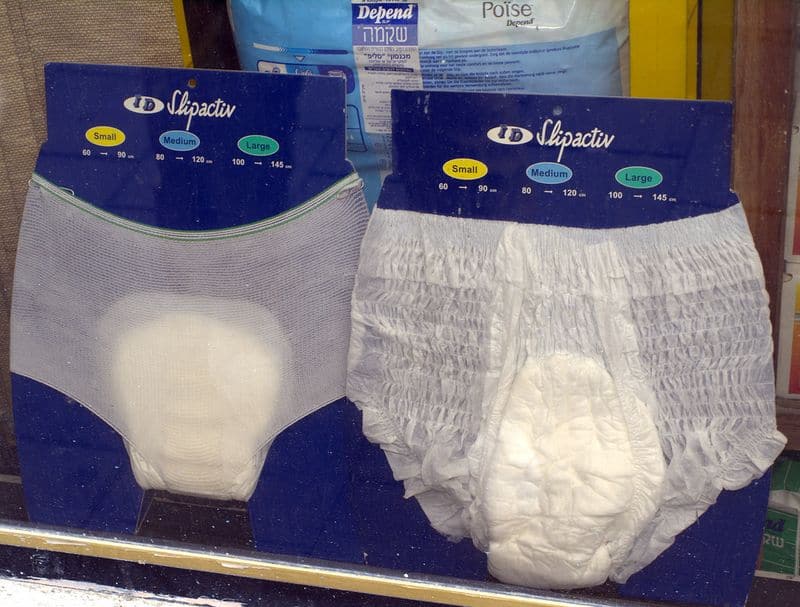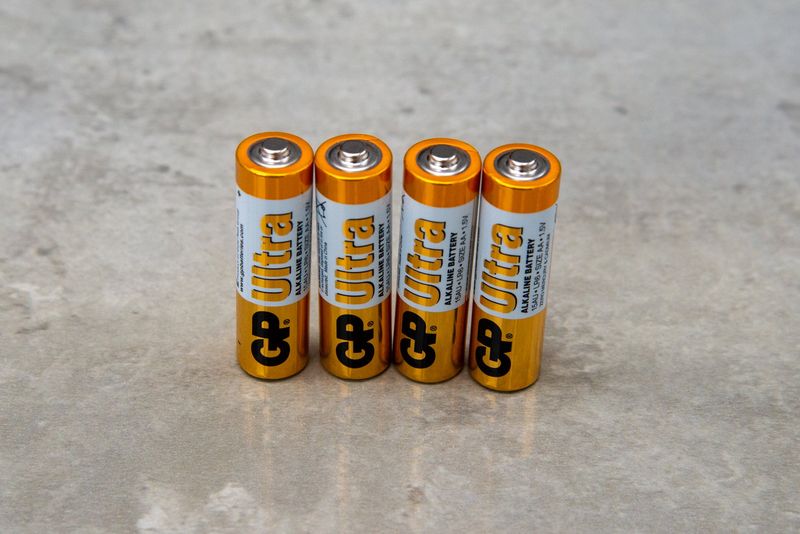Recycling everyday household items may seem daunting, but it’s a vital part of sustainable living. From diapers to coffee capsules, many items can be recycled with the right knowledge and effort.
Not only does recycling help reduce waste, but it also conserves resources and energy.
In this post, we’ll explore 10 common household items and provide practical advice on how to recycle them effectively.
Embrace these small yet impactful changes in your daily routine to contribute to a greener planet.
1. Diapers

Recycling diapers can seem challenging due to their composition. However, opting for biodegradable diapers is a great start.
These diapers can be composted in industrial facilities designed to handle organic matter. Ensure to separate any plastic components before disposal.
Some local waste management services offer diaper recycling programs. Additionally, check with brands that provide take-back programs for used diapers.
This not only reduces landfill waste but also helps in creating useful compost material. With these steps, recycling diapers becomes manageable and eco-friendly.
2. Coffee Capsules

Coffee capsules are convenient, yet often end up in landfills. To recycle them, begin by rinsing out the coffee grounds, which can be added to your garden as fertilizer.
Many manufacturers offer return programs, allowing consumers to send back used capsules for recycling. Alternatively, check with local recycling services to see if they accept these materials.
By participating in these programs, you contribute to reducing waste and promoting sustainable practices.
3. Batteries

Batteries contain hazardous materials that can harm the environment if not disposed of properly. Many stores and waste facilities offer battery recycling services to ensure safe disposal.
Separate different types of batteries and place them in designated recycling bins. Some companies even offer mail-back programs for battery recycling.
By recycling batteries, you prevent soil and water contamination and conserve valuable materials.
4. Plastic Bags

Plastic bags are notoriously difficult to recycle due to their thin nature. However, many supermarkets and retail stores offer collection bins specifically for plastic bag recycling.
Consider reusing bags whenever possible or switching to reusable options. Ensuring proper recycling of plastic bags helps reduce pollution and saves marine life from plastic waste.
5. Glass Jars

Glass jars are highly recyclable and can be transformed into new glass products indefinitely. Clean the jars and remove any labels before recycling.
Check local guidelines for glass recycling, as some areas have specific collection points. By recycling glass jars, you help save energy and reduce the demand for raw materials.
6. Electronics

Old electronics can be a treasure trove of recyclable materials but require careful handling. Many electronic stores and municipal services offer e-waste recycling programs.
Ensure to wipe personal data before recycling your devices. By recycling electronics, you recover valuable materials and prevent hazardous waste from polluting the environment.
7. Aluminum Cans

Aluminum cans are one of the easiest items to recycle and can be turned into new cans within a short period. Rinse the cans and crush them to save space.
Many communities have curbside recycling programs that accept aluminum.
Recycling cans saves energy and reduces the carbon footprint of their production, making it a simple yet effective recycling effort.
8. Newspapers

Newspapers are easily recyclable and can be transformed into new paper products. Collect and bundle them for curbside recycling or drop them off at designated centers.
Recycling newspapers helps save trees and reduces landfill waste. Many communities offer regular collection, making it convenient to recycle old papers.
9. Textiles

Textile recycling is gaining popularity as more people become aware of its environmental benefits. Donate wearable clothes or use designated bins found in many communities for fabric recycling.
Some brands offer take-back schemes for old clothing. Recycling textiles reduces landfill waste and conserves natural resources used in fabric production.
10. Wine Corks

Wine corks, made from natural cork, can be recycled into various products. Many wine stores and recycling centers offer collection programs.
Also, get creative with DIY projects using corks at home. Recycling or repurposing wine corks supports forest sustainability and reduces waste in landfills.

